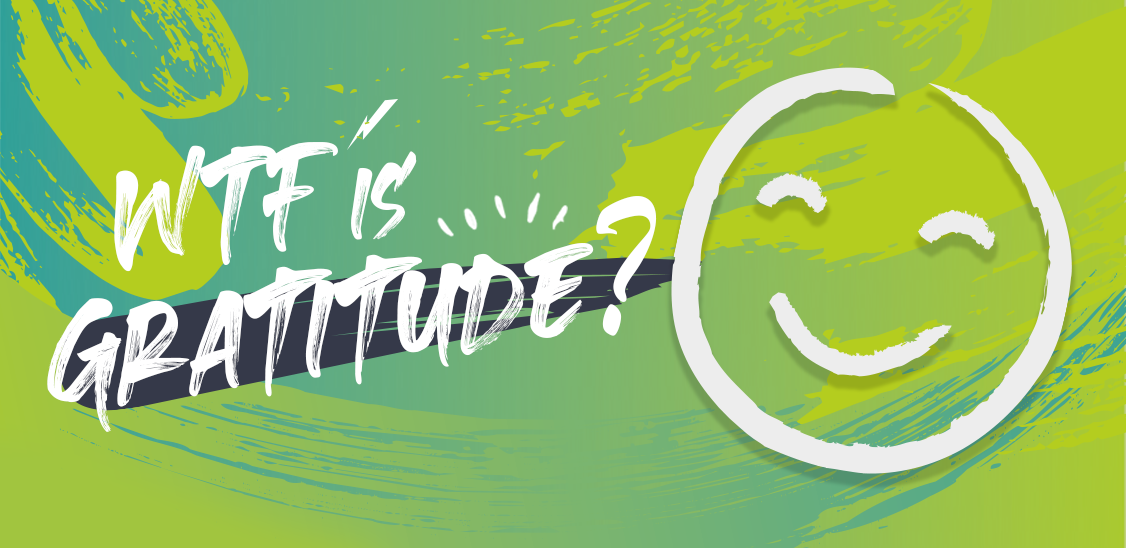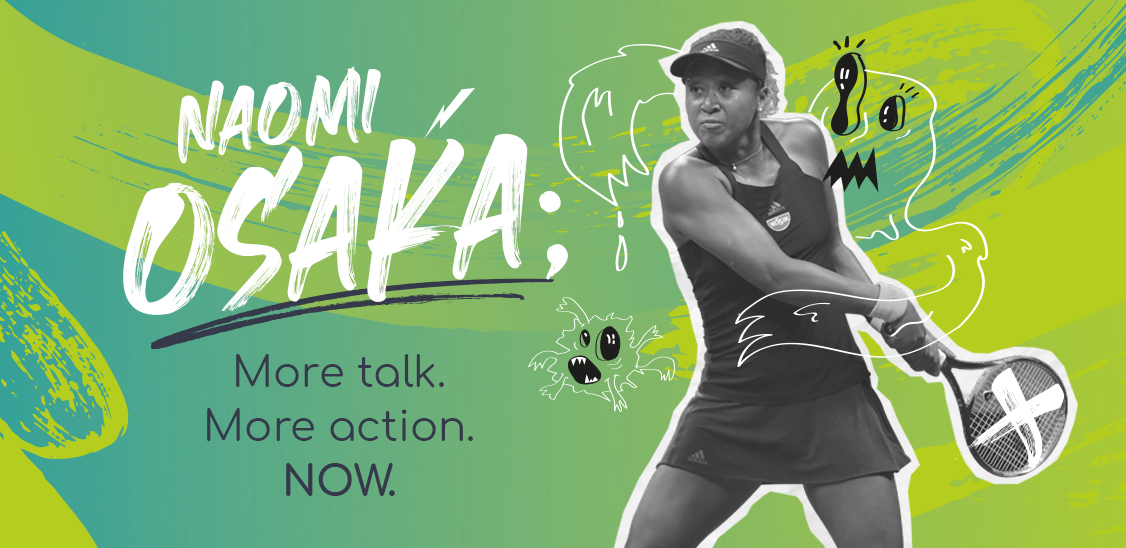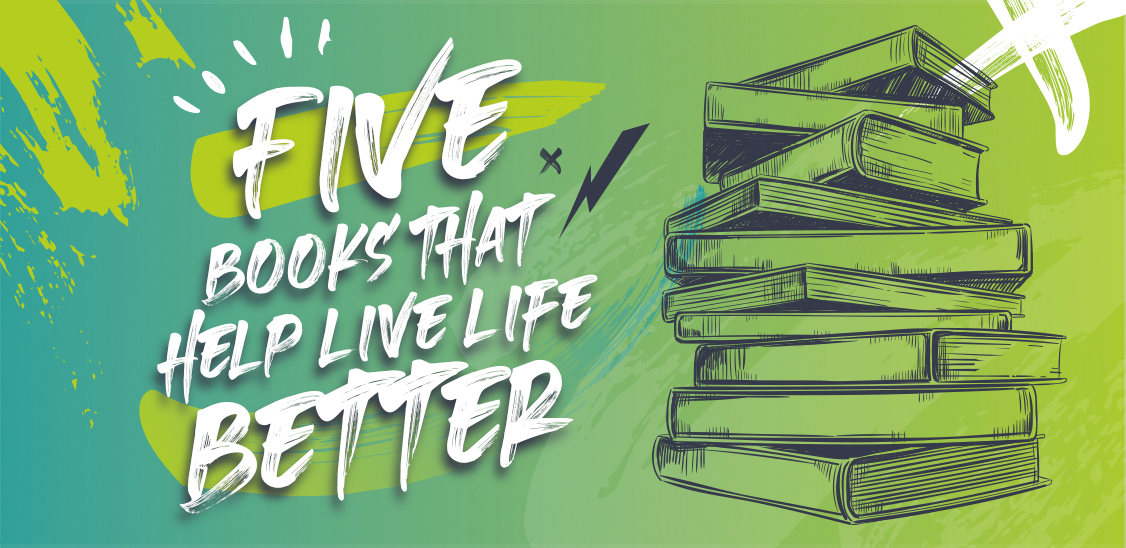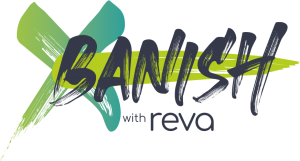“Tomorrow might be a better day.” Maybe, but what are you doing to make that more likely?
There are things we can do to improve our odds of feeling better. Exercise is one of them. Gratitude is another.
If it sounds wanky and unlikely to help, we totally hear you. We thought the same thing before giving it a go. Now it’s something that’s part of our daily routine and has been for years.
Defining gratitude
Simply put, gratitude is the act of intentionally noticing and appreciating the positive things in your life.
This manifests in all types of ways depending on who you are and what personally brings you comfort, happiness or contentment. It could be spending time with your family and really appreciating the opportunity to do so. Or being thankful for a fridge full of food.
The key is to actively acknowledge these things. You can pop in to see your nan, or do a big shop, and think nothing of it. Or, you can consciously decide to appreciate the positives of these tasks.
Ultimately it’s a shift in perception – a way to try to force yourself to be a ‘glass half full’ person rather than a ‘glass half empty’ one.
Where’s the proof
There’s scientific grounding to the idea that focusing on what you have, rather than what you don’t, is a path towards feeling more content. Surely that’s something we’d all like for ourselves, right?
As you’ve decided to read this post, chances are that you’re either: sometimes a miserable bastard; or are a completely miserable bastard.
Totally get it. Life’s hard. But just because you have a gloomy outlook doesn’t mean you have to stay that way. Just as we can alter our bodies with consistent effort, so too can we alter our mindset.
Here’s a quick rundown of the benefits that gratitude has been shown to provide:
more likely to give to others;
increased chance of functioning better and feeling better in the future;
more likely to be compassionate towards others;
more likely to help others physically;
less likely to think acts of kindness need to be returned;
better duration and sleep quality;
shorter time in falling asleep;
lower risk of depression, anxiety & substance dependence.
When you see a list like that, it doesn’t matter how pessimistic you are. If even two of those studies are correct, it’s worth giving it a go. As with all things in life…
You Have Nothing to Lose by Trying
We all have reasons to feel low. It’s totally common to feel down. But there are practical ways you can take responsibility for how you feel that can help to lift you out of your funk. Gratitude is something that can help.
A few ways to practise gratitude
Consider the things you’re grateful for soon after you wake up every morning. List as many things as you can that you’re thankful to have in your life before you start the day. It’s a good note to start on, trust us.
These could be more typical things like family, friendship and security. They can also be less universal things – like getting dropped off at the station, or being recommended a new album that you love, or being cooked a banging meal by someone.
If you’re new to this, chances are that it will feel forced to begin with, but, as the habit builds, it feels more natural.
The key is to connect to the emotions wherever possible. As with many mental health ‘practices’, asking “why?” as often as you can is the quickest route to finding the real meaning. For example, “I’m grateful for my brother.” Why? He puts our family first, is compassionate, knows how to fix my car, and makes a mean cup of tea.
Other Options
There are countless examples of how people prefer to practise gratitude online. Some say them out loud; or write them on post-its; or use a Notes app on their phone; or record voice memos; or use that whiteboard on the fridge that never actually got used for meal prep ideas.
If it doesn’t feel right, give another form a go. There’s no ‘one size fits all’ to this. Whatever’s comfortable for you is the correct choice.
The key is to repeat the act as often as possible. Just like working out: you need to do it more than once if you want to make any real headway. Funny how everything that makes your life better requires effort and commitment, isn’t it?
So if you’re a night owl, do it before you hit the hay. If you’re an early riser, make it one of the first things you do in the morning. It needs to work for you.
Whether it’s chatting to an old mate, being sent a sweet meme that made you cackle awkwardly on the bus, or simply having a roof over your head, there are truly endless things to be grateful for.
To be blunt: If you can’t come up with five, you need to try harder.
Let’s Get Started
Set aside 5-10 minutes each day, whatever time works best for you, to try it.
Pick a method to start with.
Recount as many things as possible that you’re grateful for, asking yourself “why?” as many times as possible…
Repeat as often as you can – ideally daily.





